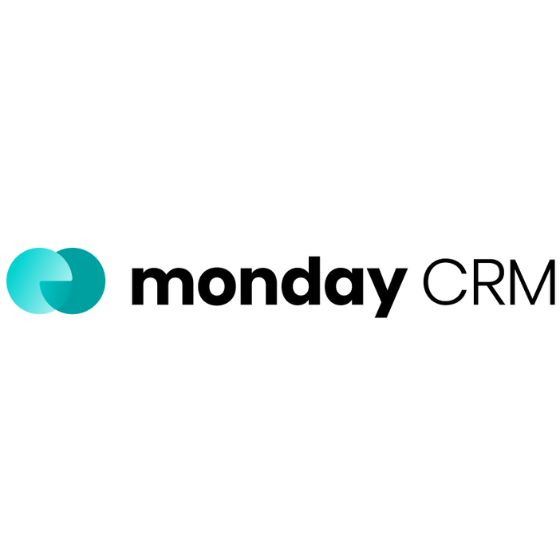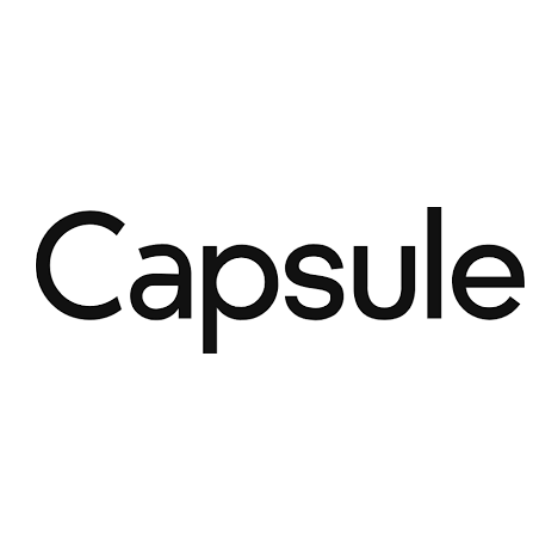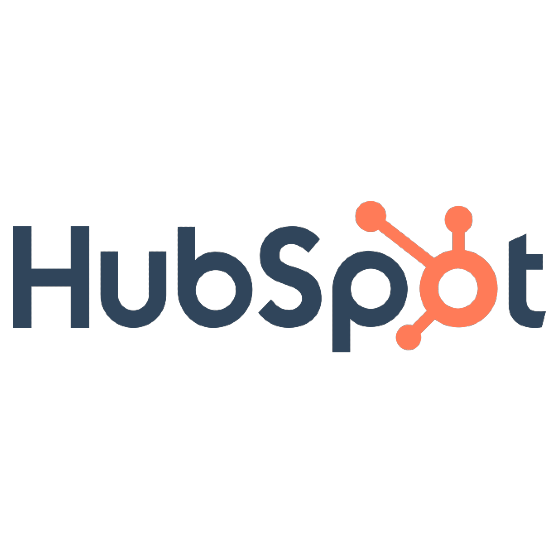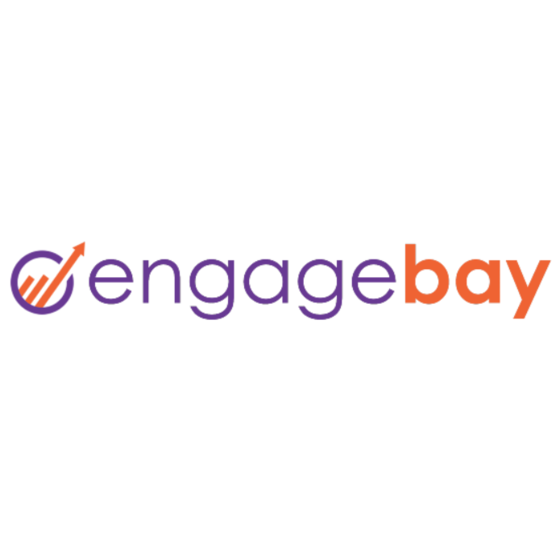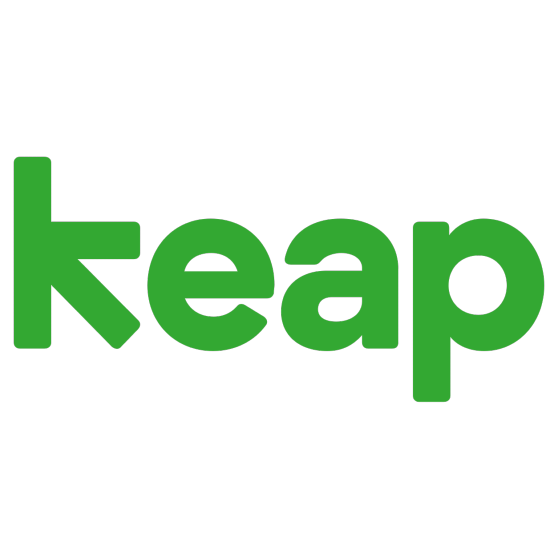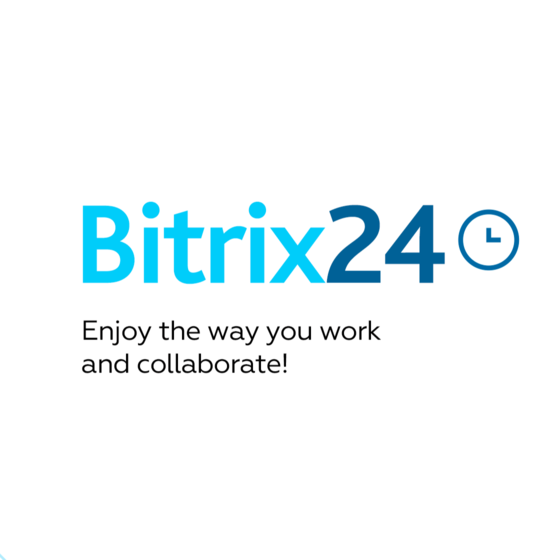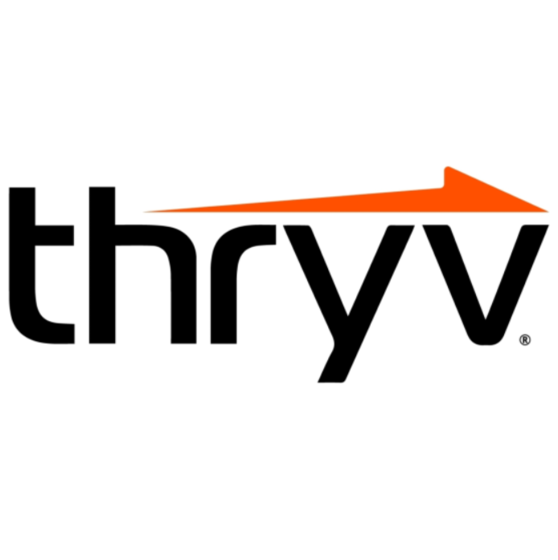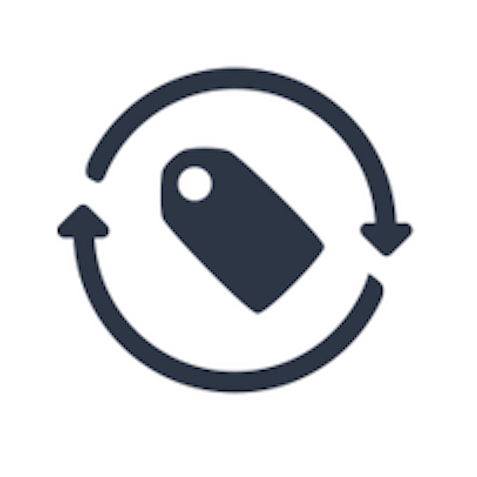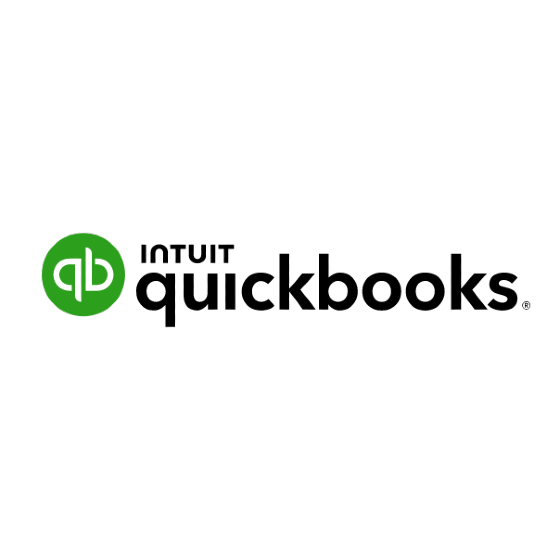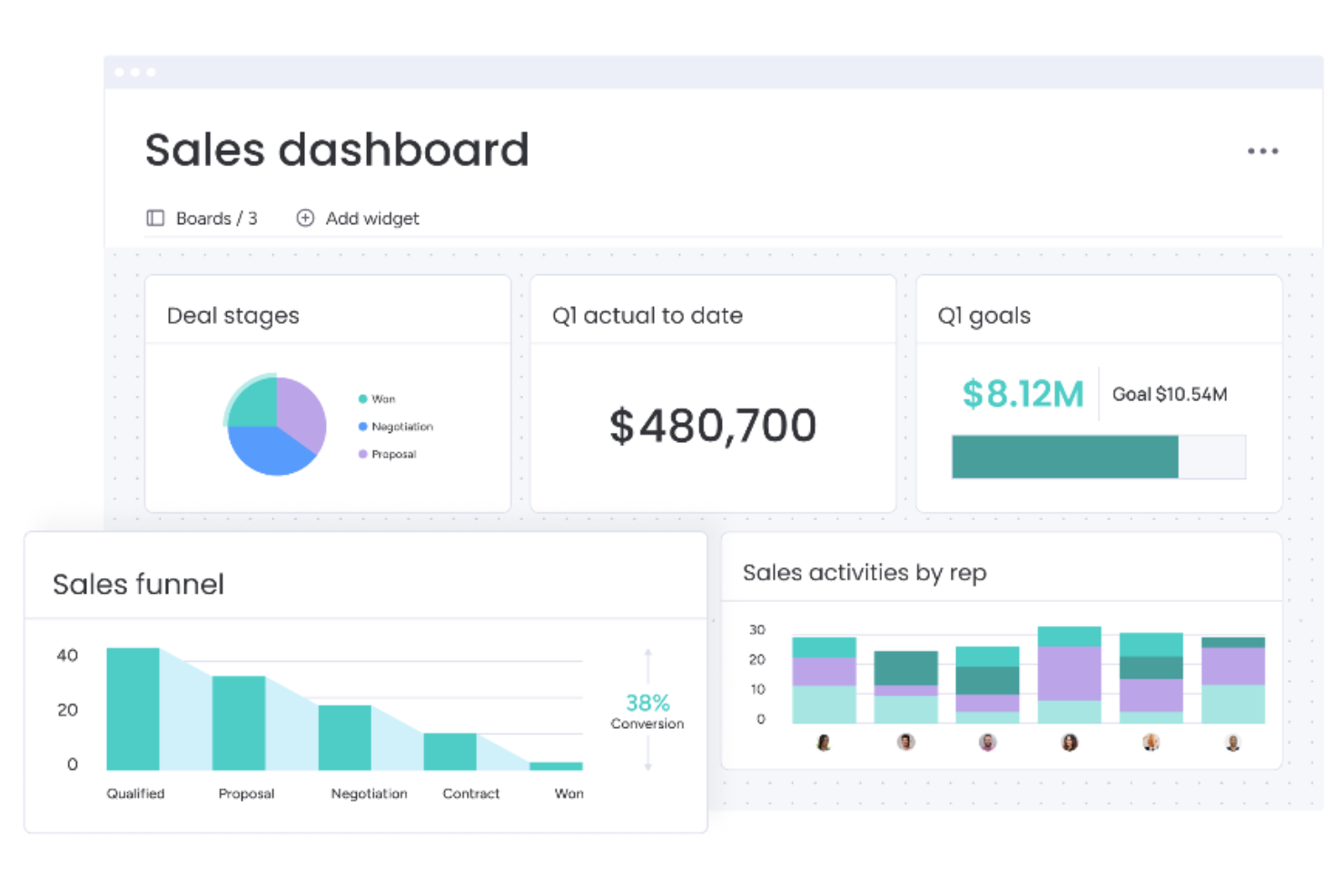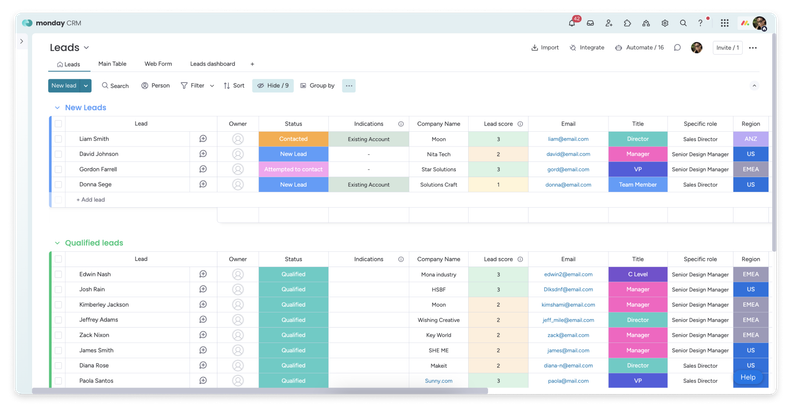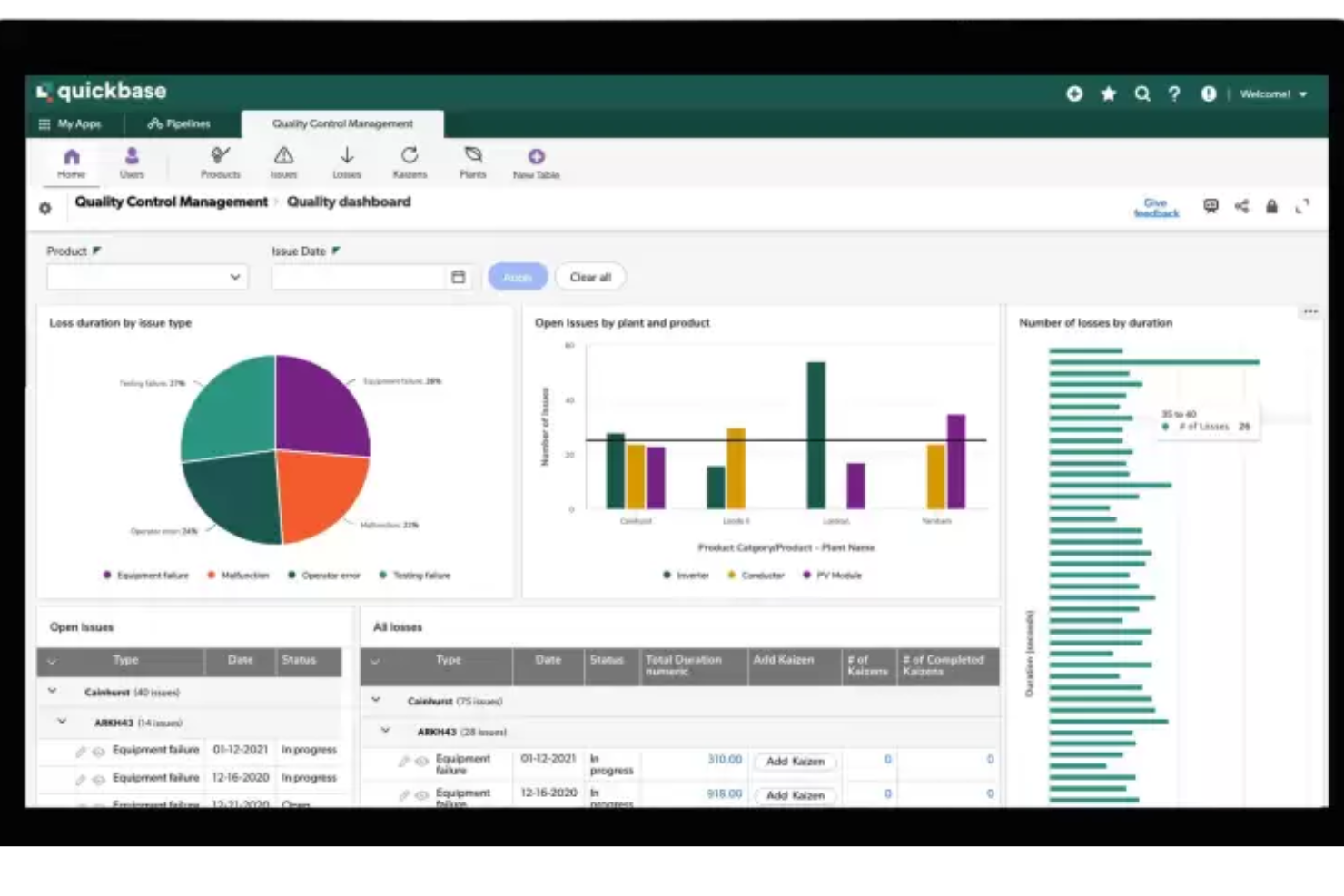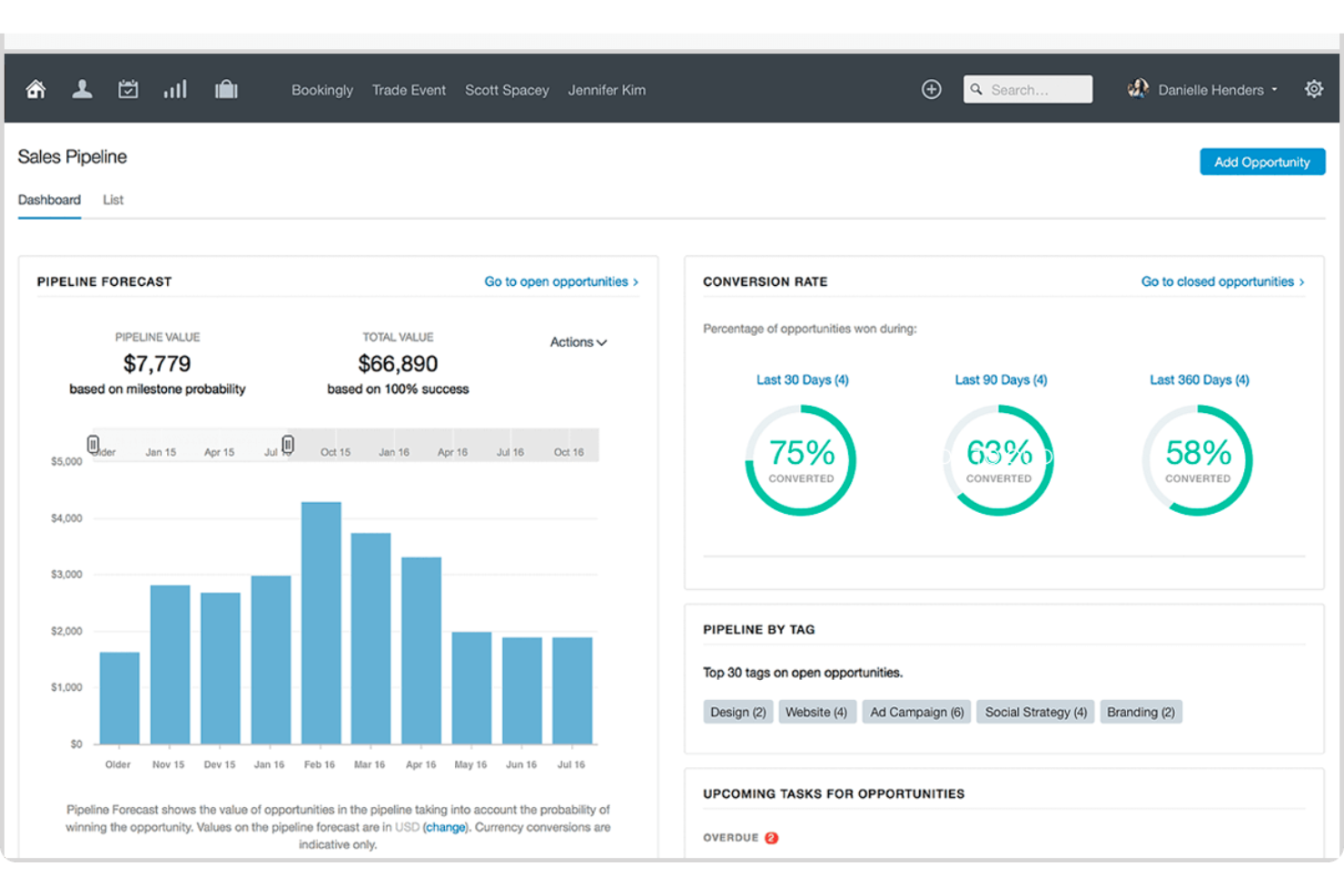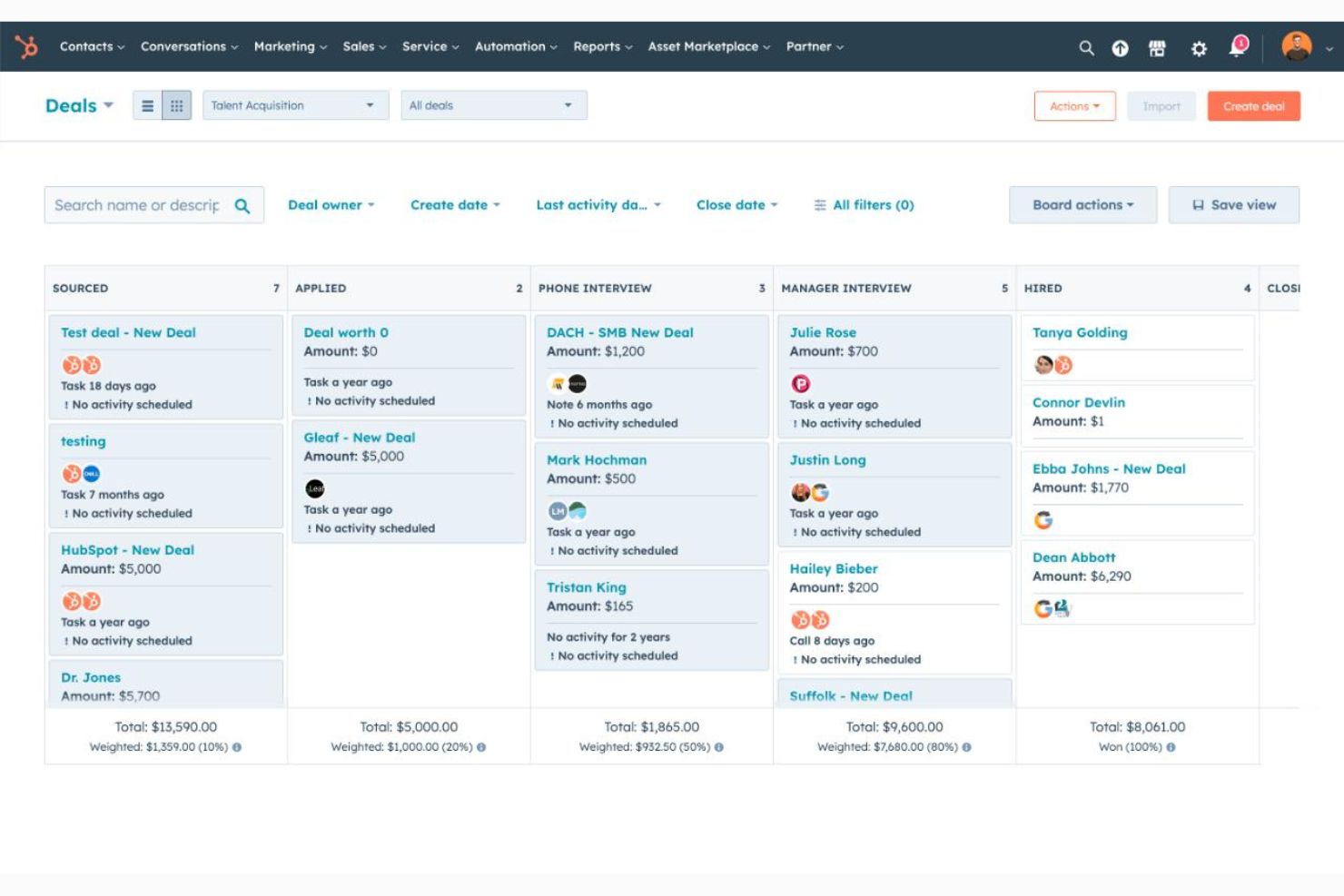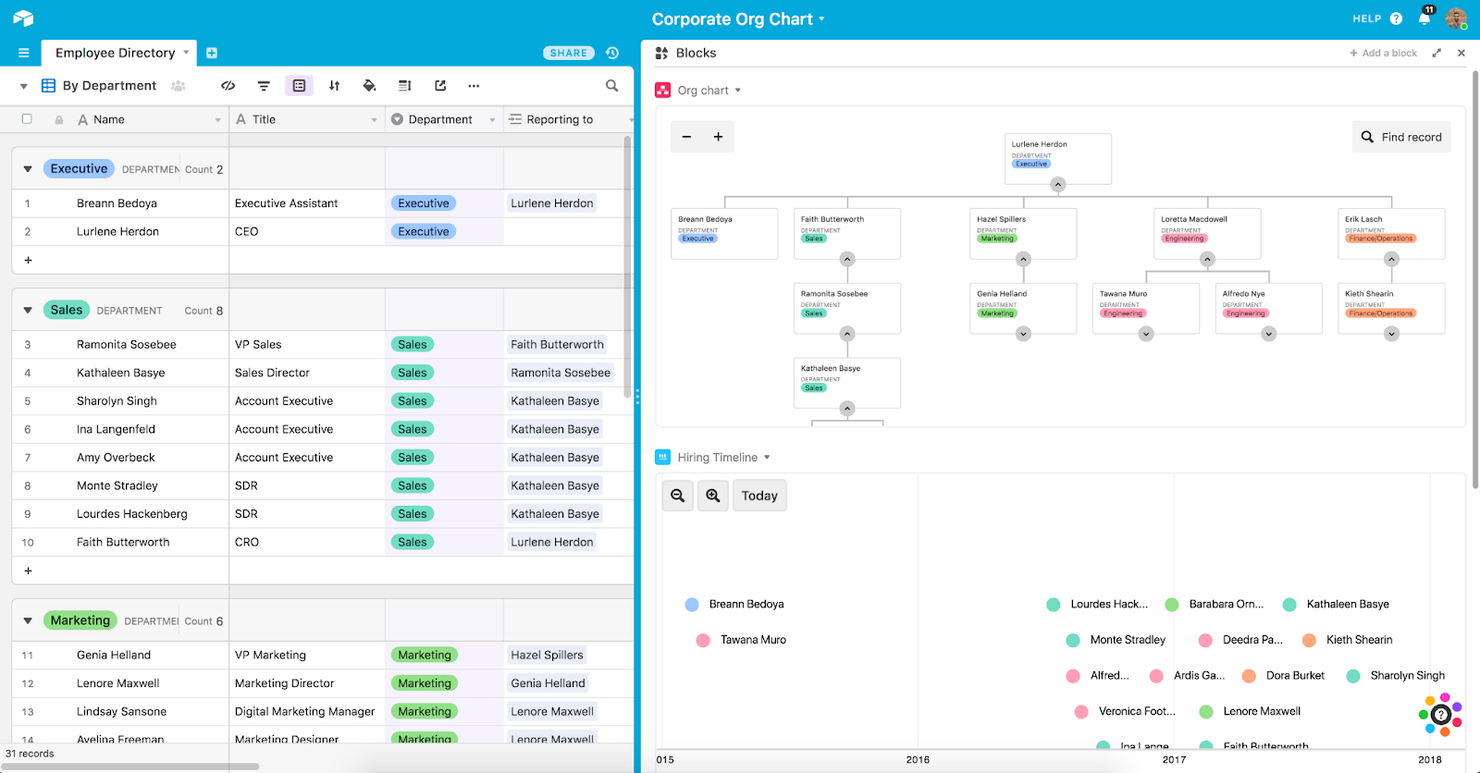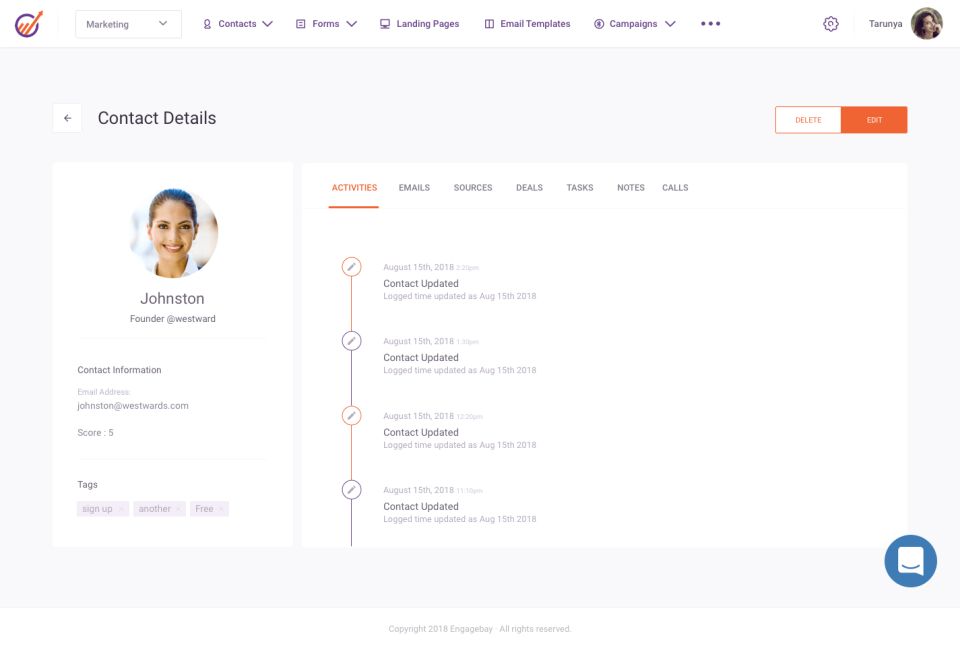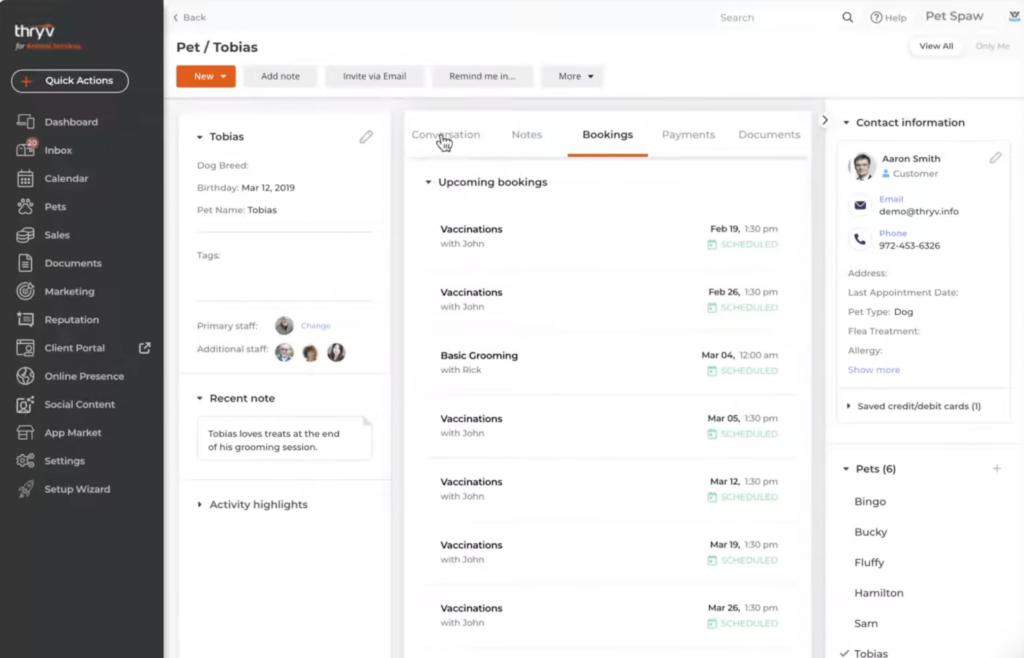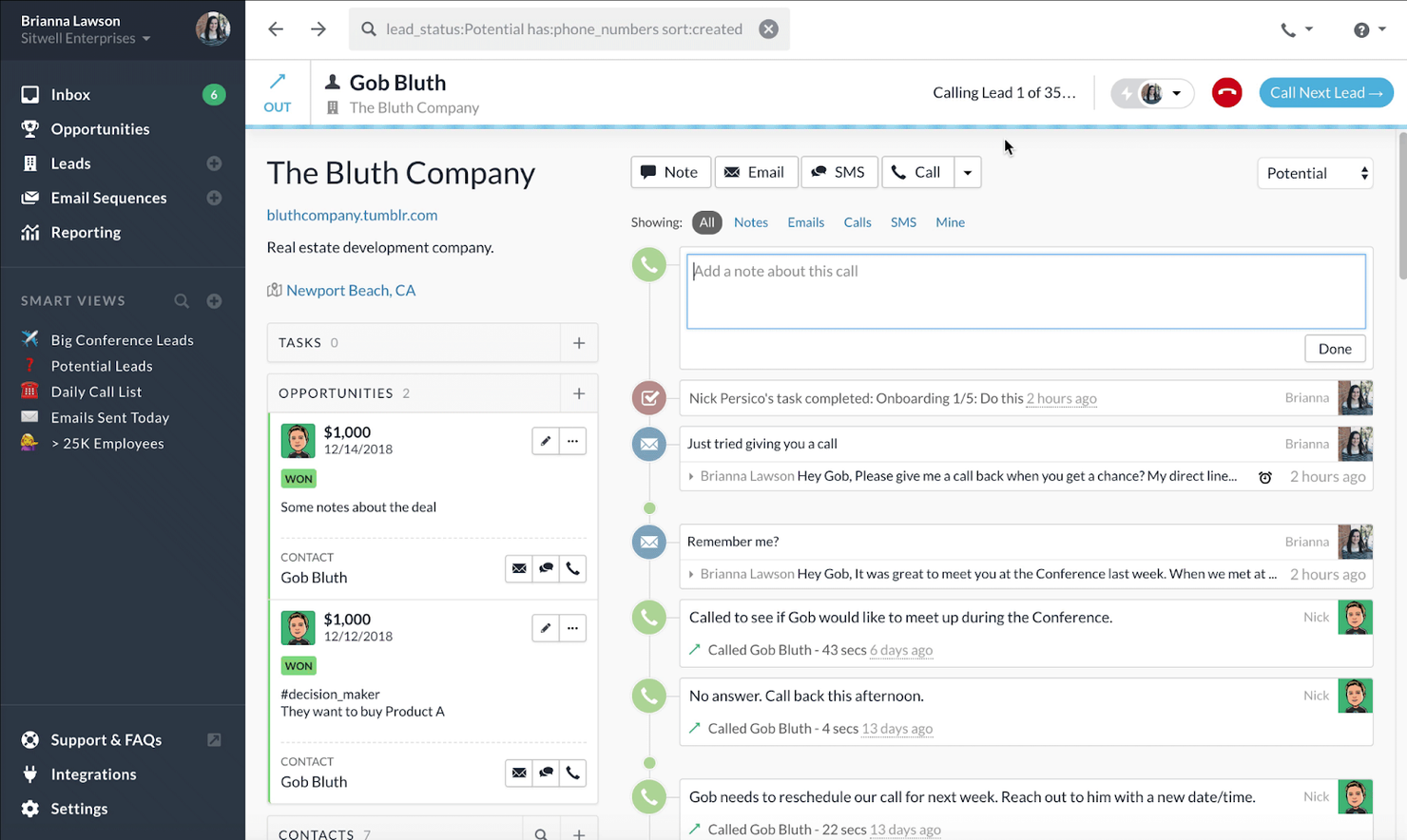10 Best Sales Database Software Shortlist
Here's my pick of the 10 best software from the 25 tools reviewed.
In revenue operations, you're likely juggling multiple tasks while trying to drive sales growth. The right sales database software can be your ally, helping you manage customer data and streamline your sales process.
I've spent time testing and reviewing these tools to provide an unbiased look at the best options. You'll find insights that cater to your specific needs, whether you're managing a small team or a large enterprise.
In this listicle, I'll share my top picks and explain why they stand out. You'll get a clear understanding of what each software offers to help you make an informed decision.
Why Trust Our Software Reviews
Best Sales Database Software Summary
| Tool | Best For | Trial Info | Price | ||
|---|---|---|---|---|---|
| 1 | Best for customizable workflows | 14-day free trial | From $12/user/month (billed annually, min. 3 seats) | Website | |
| 2 | Best no-code, highly customizable sales database software | 30-day free trial | From $35/user/month (billed annually, min 20 users) | Website | |
| 3 | Best for sales pipeline visualization | 14-day free trial + free plan available | From $18/user/month (billed annually) | Website | |
| 4 | Best for aligning Revenue Operations teams | Free plan available | From $15/user/month (billed annually) | Website | |
| 5 | Best for keeping sales and account management teams in sync | Free plan available | From $20/user/month (billed annually) | Website | |
| 6 | Best for enhancing your client profiles | Free demo + free plan available | From $12.74/user/month (billed annually) | Website | |
| 7 | Best all-in-one sales and marketing software to help grow small businesses | 14-day free trial | From $249/user/month (billed annually) | Website | |
| 8 | Best for a collaborative and unified workspace | Free plan available | From $99/month (billed annually) | Website | |
| 9 | Best for small, service-based businesses | Free demo available | From $15/user/month | Website | |
| 10 | Best for fast setup and implementation | 14-day free trial + demo available | From $9/user/month (billed annually) | Website |
-

Expedite Commerce
Visit Website -

Prisync
Visit WebsiteThis is an aggregated rating for this tool including ratings from Crozdesk users and ratings from other sites.4.7 -

QuickBooks Online
Visit WebsiteThis is an aggregated rating for this tool including ratings from Crozdesk users and ratings from other sites.4
Best Sales Database Software Reviews
Below, you’ll find a brief summary of each tool on my list, a snapshot of their interface, as well as a few outstanding features, pricing details, and pros and cons that will help you make a final decision.
Monday Sales CRM is a customer relationship management platform that provides businesses with tools to manage their sales processes, customer data, and interactions in one centralized location.
Why I picked Monday Sales CRM: Monday Sales CRM provides a customizable platform for businesses to manage and organize their contact data, which is essential for improving sales processes and customer experiences. The software automates data entry, reducing manual work and the potential for errors. It also allows for the creation of reports and tracking of sales pipeline progress, providing valuable insights into sales activities.
Monday Sales CRM Standout Features and Integrations
Standout features include lead capturing, sales forecasting, email sync and tracking, AI-assisted email composition, mass emails, performance tracking, activity management, and customizable dashboards.
Integrations include Trello, Slack, Google Drive, and Outlook.
Pros and cons
Pros:
- Offers no-code, customizable automations
- Provides hundreds of templates and automation recipes
- Includes work management features
Cons:
- Occasional glitches reported on large boards
- Not as specialized as other CRM tools
New Product Updates from monday CRM
monday CRM's AI-Powered Lead Scoring Boosts Sales Efficiency
monday CRM introduces AI-Powered Lead Scoring to prioritize high-value prospects through data-driven insights. For more information, visit monday CRM's official site.
QuickBase is a cloud-based application building platform that enables businesses to create custom solutions for their unique challenges. Specializing in database management and workflow automation, QuickBase empowers teams to build no-code applications that streamline processes, enhance data collection and analysis, and improve team collaboration. Its versatility and ease of use make it an attractive solution for businesses of all sizes looking to optimize their operations.
Why I Picked QuickBase: As sales database software, QuickBase excels in providing flexible, customizable solutions that cater to the dynamic needs of sales teams. It facilitates the creation of custom sales tracking applications that can adapt to any sales process, regardless of complexity. With features like real-time reporting, automated workflows, and granular access controls, QuickBase helps sales teams efficiently manage customer relationships, track sales pipelines, and analyze performance data to make informed decisions. Its capacity to integrate with various data sources and applications further enhances its utility by providing a comprehensive view of sales operations.
QuickBase Standout Features and Integrations
Features include no-code application development, real-time reporting and analytics, automated workflows, custom forms, granular permission settings, data integration capabilities, cross-application connectivity, mobile access, cloud-based architecture, team collaboration tools.
Integrations include Salesforce, Gmail, Slack, Dropbox, Box, Microsoft Office 365, QuickBooks, Zapier, Mailchimp, Tableau.
Pros and cons
Pros:
- Comprehensive integration options
- Strong automation and workflow capabilities
- Highly customizable no-code platform
Cons:
- Limited design customization for user interfaces
- Steep learning curve for new users
Capsule CRM provides a streamlined approach to managing customer relationships and sales processes, offering businesses of all sizes a scalable, intuitive platform. With a focus on ease of use, Capsule CRM helps teams keep track of contacts, leads, and sales opportunities in one centralized location. Its customizable features allow for tailored workflows, making it a versatile tool for various industries.
Why I Picked Capsule CRM: As a sales database software, Capsule CRM excels in offering a comprehensive yet flexible solution for managing sales pipelines and customer data. It enables businesses to efficiently track sales activities, manage leads through customizable sales stages, and gain valuable insights into sales performance with detailed reporting and analytics. Its strength lies in its ability to simplify complex sales processes and data management, making it accessible for teams of all skill levels.
Capsule CRM Standout Features and Integrations
Features include "Tracks" and "Tags" that offer a nuanced approach to managing contacts and tasks. "Tracks" are pre-defined sequences of tasks that guide users through a process, ensuring consistency and efficiency in activities such as onboarding new clients or following up on leads. "Tags" allow for dynamic categorization of contacts, opportunities, and cases, providing a flexible, easy-to-use system for segmentation that can adapt to the evolving needs of a business.
Integrations include Google Workspace (Gmail, Docs, Calendar), Microsoft Office 365, Mailchimp, Xero, QuickBooks, Slack, FreshBooks, and more using Zapier.
Pros and cons
Pros:
- Can't drag-and-drop data tags or fields
- Send and receive emails right in Capsule CRM
- Integrated calendar tasks management
- Intuitive and easy to use
Cons:
- More digital marketing integration welcomed
HubSpot is a platform that comprises sales, marketing, and customer service features. When it comes to sales management, the software's CRM keeps your customer records and data organized and accessible. It centralizes contact management, deal tracking, and sales pipeline management, allowing sales teams to efficiently track and engage leads throughout the sales process.
Why I picked HubSpot: I decided to add this software to my list because of its tools that manage and streamline sales activities. Automated data entry, customizable deal stages, and real-time sales analytics enable sales teams to stay organized and focused on closing deals. Additionally, HubSpot’s email tracking and meeting scheduling tools facilitate effective communication and follow-ups, enhancing overall sales productivity.
HubSpot Standout Features & Integrations
Standout features include real-time deal tracking, which enables more personalized sales engagement tactics and an ABM approach.
Integrations include Google Workspace, Microsoft Office 365, Salesforce, Shopify, WordPress, Slack, Facebook Ads, LinkedIn Ads, Zoom, QuickBooks, and hundreds more. A paid Zapier account will also unlock additional integrations.
Pros and cons
Pros:
- Hundreds of integrations available
- Feature-rich and built for all revops domains
- Scalable, flexible plan structure
Cons:
- Advanced features come with a learning curve
- Complex pricing model
As a CRM platform and organizational software solution, Airtable is designed to offer teams of all sizes a centralized platform for managing customers, projects, and ideas. The Airtable team focused on making their management software as mobile-friendly and flexible as possible with native desktop and smartphone apps.
Why I picked Airtable: One feature that caught my eye in this sales CRM system is the option to create customizable automation to simplify repeatable processes. Whether it’s sharing Slack updates for training completion or triggering follow-ups for email marketing, Airtable eliminates manual repetitive tasks.
Airtable Standout Features and Integrations
Standout features include drag-and-drop components for interface creation and a relational database that allows you to create a secure single source of truth for all data.
Integrations include Asana, Basecamp, Box, Dropbox, Miro, Outlook Calendar, Pocket, Salesforce Sales Cloud, Slack, and Zendesk Sell.
Pros and cons
Pros:
- Customizable dashboard for tasks, notes, and comments
- Easy to use with intuitive navigation
- Well-organized documents that are easy to find
Cons:
- Not really intuitive to set up Gantt charts
- Uploading from Google Drive is clunky
Because EngageBay is focused on being your all-in-one marketing software, it combines lead generation, client database software, marketing tools, and CRM features into the same platform. EngageBay is designed to help your business at every stage, from acquiring and nurturing leads to engaging with clients and closing sales.
Why I picked EngageBay: This tool made my list because of its 360-degree view of your contacts. You can build a comprehensive profile for every single lead and client with multiple touchpoints, including personal interests, social media profiles, lead scores, notes, and communication history.
EngageBay Standout Features and Integrations
Standout features include email templates to streamline first contact and marketing campaigns, as well as an online web form builder that allows you to capture more leads.
Integrations include Amazon SES, DocuSign, GupShup, LinkedIn, MailGun, SendGrid, Shopify, Stripe, Xero, and Zapier.
Pros and cons
Pros:
- High level of customization for any workflow
- Has many free tools for startups and solo entrepreneurs
- Responsive and supportive customer service
Cons:
- Low-cost plans become expensive with add-on features
- Calendar integrations are a little clunky
Keap
Best all-in-one sales and marketing software to help grow small businesses
This tool is a comprehensive marketing and sales tool that also provides you with a sales database to ensure a holistic ecosystem that manages all of your sales operations. Keap offers CRM, sales, and marketing automation that’s designed for service-based businesses with repeatable process needs.
Why I picked Keap: I chose to put this platform on my list because their sales database tools feature automated lead capture and organization no matter where the lead comes from. Keap can show you all relevant lead data captured from social media, custom web forms, and landing pages on the desktop or mobile app.
Keap Standout Features and Integrations
Standout features include a mobile app that provides instant access to company and client contact information and contact segmentation that allows you to specify follow-up triggers.
Integrations include Dropbox Business, Gmail, Google Drive, Mailchimp, Salesforce Sales Cloud, Shopify, Slack, Trello, WordPress, and Zoom. Connect to over 5,000 apps through Zapier.
Pros and cons
Pros:
- Very easy to use
- Accessible customer support team
- Robust training manuals and blogs
Cons:
- Limited calendar customization capabilities
- Has a bit of a learning curve
Bitrix24 is a sales, collaboration, HR, and CRM software that offers lead management, client communication, team management, omnichannel marketing, and shared workspaces all in one place. The software is 100% mobile, which makes it a great option for remote and field sales.
Why I picked Bitrix24: This platform caught my eye because they offer a comprehensive database and contact management. Once a lead or customer is in your system, you can easily update, segment, and reach out based on custom stages and triggers. Email or call a client from the CRM with just one tap to move deals down the sales pipeline.
Bitrix24 Standout Features and Integrations
Standout features include template creation pre-loaded with customer data and legally binding e-signature links that can be sent through SMS or email.
Integrations include Asana, Asterisk, DocuSign, Jira, Microsoft 365, OneDrive, PayPal, Stripe, WhatsApp, WordPress, and Zoom.
Pros and cons
Pros:
- Robust mobile app for better accessibility
- Real-time functionality for collaboration
- Designed to replace multiple tools in your tech stack
Cons:
- User interface is a little outdated
- Requires some training to learn
Thryv is a comprehensive and feature-rich business management platform that’s well-suited to the needs of small, service-based businesses. It combines a CRM and customer database with document, invoice, and estimate management, as well as social media and other marketing tools.
Why I picked Thryv: I chose to add this software to my list because of how broad its scope is. Not only can you maintain your sales and customer database, you can also manage invoices, appointments, and events. It also has payment processing tools including credit card processing and online sales.
Thryv Standout Features and Integrations
Standout features include the software’s reputation management tools, which help you keep a pulse on how customers are reviewing your business across multiple review sites.
Integrations include Clover, Facebook Messenger, Gmail, Indeed, Instagram Messenger, Jotform, Mailchimp, MYOB, QuickBooks, Twilio, Typeform, and Zoom.
Pros and cons
Pros:
- Large database of how-to videos on YouTube
- Contract and document management included
- All-in-one solution for small businesses
Cons:
- Somewhat basic email automation capabilities
- Lacks task management features
This platform is designed to be one of the best CRM options for small businesses and startups because it has a comprehensive suite of tools that combines outreach and database management. You can use email, calling, and SMS directly from customer profiles.
Why I picked Close: I chose this platform because of how quickly you can set yourself up by importing leads and contacts in just a few minutes using a CSV import tool or migrating from other CRMs with a free, single-click migration tool.
Close Standout Features and Integrations
Standout features include built-in SMS, calling, and Zoom, as well as sequences to automate outreach.
Integrations include Asana, DocuSign, Gmail, Google Drive, Google Sheets, Mailchimp, Microsoft 365, Shopify, Slack, and Zoom Meetings.
Pros and cons
Pros:
- Responsive customer service
- Quick to implement or migrate
Cons:
- Limited functionality in the mobile app
- A little more expensive than other options
- Very user friendly
Other Sales Database Software
I know my list is already pretty extensive, but it just wouldn’t be complete without a few other options that caught my eye. Check out these runners-up to see if one of them is the best customer database software for you.
- HubSpot Sales Hub
For connecting separate departments with a single set of tools
- Apptivo
Sales CRM tool for customization
- Zendesk
For advanced sales reporting and analytics
- CRM Creatio
For 360-degree sales customer views
- Copper
For viewing your full relationship history with every client
- Freshsales
For small businesses that need a simplified interface
- ClickUp
For replacing multiple tools, like whiteboards, to-do lists, and goals
- HubSpot CRM
Free CRM to track and analyze sales activity and client data
- Salesforce CRM
For AI-driven data tracking and customer behavior analytics
- Zoho CRM
For stronger customer relationships with multi-channel communication
- Pipedrive
For tracking sales progress and growth opportunity identification
- monday.com
For enterprise-grade sales database monitoring and management
- Maximizer CRM
CRM that’s specifically built for sales leaders
- Scoro
Sales database software for agencies and consultancies
- Agile CRM
Next-generation cloud-based SaaS
Sales Database Software Selection Criteria
When selecting the best sales database software to include in this list, I considered common buyer needs and pain points like ease of data management and integration capabilities. I also used the following framework to keep my evaluation structured and fair:
Core Functionality (25% of total score)
To be considered for inclusion in this list, each solution had to fulfill these common use cases:
- Manage contact information
- Track sales activities
- Generate sales reports
- Automate follow-up tasks
- Integrate with email systems
Additional Standout Features (25% of total score)
To help further narrow down the competition, I also looked for unique features, such as:
- AI-driven insights
- Custom workflow automation
- Advanced analytics dashboards
- Mobile app functionality
- Social media integration
Usability (10% of total score)
To get a sense of the usability of each system, I considered the following:
- Ease of navigation
- Intuitive interface design
- Customizability options
- Responsiveness of the platform
- Learning curve for new users
Onboarding (10% of total score)
To evaluate the onboarding experience for each platform, I considered the following:
- Availability of training videos
- Interactive product tours
- Access to webinars and workshops
- Availability of templates for setup
- Support from chatbots during onboarding
Customer Support (10% of total score)
To assess each software provider’s customer support services, I considered the following:
- Availability of 24/7 support
- Multiple support channels
- Response time to queries
- Quality of support documentation
- Availability of dedicated account managers
Value For Money (10% of total score)
To evaluate the value for money of each platform, I considered the following:
- Competitive pricing models
- Features offered at each pricing tier
- Availability of free trials
- Discounts for annual subscriptions
- Cost versus benefit analysis
Customer Reviews (10% of total score)
To get a sense of overall customer satisfaction, I considered the following when reading customer reviews:
- Overall user satisfaction ratings
- Feedback on ease of use
- Comments on customer support quality
- Insights into integration capabilities
- Reports of any recurring issues or bugs
How to Choose Sales Database Software
It’s easy to get bogged down in long feature lists and complex pricing structures. To help you stay focused as you work through your unique software selection process, here’s a checklist of factors to keep in mind:
| Factor | What to Consider |
|---|---|
| Scalability | Will the software grow with your business? Consider if it can handle more users, larger data sets, or additional features as your team expands. |
| Integrations | Does it connect with your existing tools? Check for compatibility with your CRM, email systems, and other critical software to avoid data silos. |
| Customizability | Can you tailor it to fit your needs? Look for options to customize fields, workflows, and reports so it aligns with your processes. |
| Ease of use | Is it user-friendly for your team? Think about the learning curve and how intuitive the interface is. A complex system may lead to low adoption. |
| Implementation and onboarding | How long will it take to get started? Assess the time and resources needed for setup, training, and adoption. Look for vendors offering robust onboarding support. |
| Cost | Does it fit your budget? Compare pricing models, hidden fees, and value provided. Consider whether the cost scales with your growth. |
| Security safeguards | How secure is your data? Evaluate the software’s data protection measures, compliance with regulations, and history of breaches or security issues. |
| Support availability | What support options are available? Check if the vendor offers 24/7 support, multiple channels, and quick response times to ensure you get help when needed. |
What Is Sales Database Software?
Sales database software is a tool that helps businesses organize, track, and manage sales data. Sales professionals, account managers, and customer service teams generally use these tools to improve their sales processes and customer interactions. Features like contact management, sales tracking, and reporting help with managing data efficiently and making informed decisions. Overall, these tools enhance productivity and foster better customer relationships.
Features
When selecting sales database software, keep an eye out for the following key features:
- Contact management: Organizes and stores customer information, making it easy to access and update.
- Sales tracking: Monitors sales activities and progress to help teams meet their targets.
- Reporting: Provides insights through detailed reports, aiding in data-driven decision-making.
- Integration capabilities: Connects with existing tools like CRMs and email systems to ensure seamless data flow.
- Customizable workflows: Allows tailoring of processes to fit specific business needs and improve efficiency.
- AI-driven insights: Offers predictive analytics to identify trends and optimize sales strategies.
- Mobile access: Enables sales teams to manage data on-the-go, enhancing flexibility and productivity.
- Security safeguards: Protects sensitive data with encryption and compliance with data regulations.
- User-friendly interface: Ensures ease of use, encouraging adoption among team members.
- Onboarding support: Provides resources like training videos and product tours to facilitate a smooth transition.
Benefits
Implementing sales database software provides several benefits for your team and your business. Here are a few you can look forward to:
- Improved organization: Centralizes customer data, making it easy to manage and retrieve information when needed.
- Enhanced decision-making: Offers detailed reports and analytics that help you make informed business decisions.
- Increased efficiency: Automates repetitive tasks, freeing up time for your team to focus on more important activities.
- Better customer relationships: Provides insights into customer interactions, allowing for personalized communication and stronger connections.
- Scalability: Adapts to your growing business needs, ensuring the software remains useful as your team expands.
- Flexibility: Mobile access allows your team to work from anywhere, maintaining productivity outside the office.
- Data security: Protects sensitive information with strong security measures, ensuring compliance with data regulations.
Costs & Pricing
Selecting sales database software requires an understanding of the various pricing models and plans available. Costs vary based on features, team size, add-ons, and more. The table below summarizes common plans, their average prices, and typical features included in sales database software solutions:
Plan Comparison Table for Sales Database Software
| Plan Type | Average Price | Common Features |
|---|---|---|
| Free Plan | $0 | Basic contact management, limited sales tracking, and minimal reporting. |
| Personal Plan | $5-$25/user/month | Enhanced contact management, basic integrations, and standard reporting features. |
| Business Plan | $30-$60/user/month | Advanced sales tracking, extensive integrations, and customizable workflows. |
| Enterprise Plan | $70-$150/user/month | Comprehensive reporting, AI-driven insights, and dedicated customer support. |
Sales Database Software Frequently Asked Questions
Are you still trying to wrap your head around what sales database software can do for you? Check out these frequently asked questions to dive deeper into the benefits and uses of these tools.
Can sales database software integrate with my existing CRM?
Yes, most sales database software can integrate with popular CRMs. Check the software’s integration capabilities to ensure it connects seamlessly with your existing systems. This helps maintain a unified data flow and avoids duplicating efforts. If integration isn’t straightforward, consider third-party tools or APIs to bridge gaps.
Is data migration to a new sales database software difficult?
Data migration can be challenging but manageable with the right support. Look for software that offers migration assistance, such as guides or dedicated support teams. Prepare your data by cleaning and organizing it before the transfer. Test the new system with a small data set to ensure everything transfers correctly.
How secure is my data in sales database software?
Data security varies by provider but is generally a top priority. Look for software that offers encryption, regular security updates, and compliance with data protection regulations like GDPR. Ask vendors about their security protocols and any past breaches. Secure your access with strong passwords and two-factor authentication.
What’s Next:
If you're in the process of researching sales database software, connect with a SoftwareSelect advisor for free recommendations.
You fill out a form and have a quick chat where they get into the specifics of your needs. Then you'll get a shortlist of software to review. They'll even support you through the entire buying process, including price negotiations.

